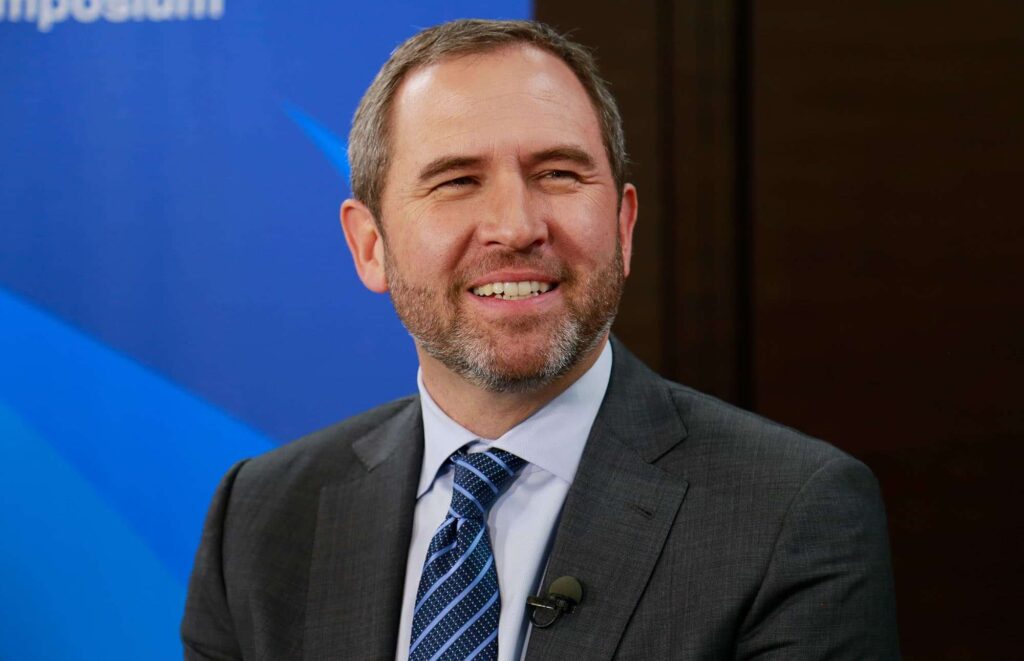Unstoppable Domains, a prominent platform in the Web3 decentralized domain space, has recently announced its support for .eth domain names from the Ethereum Name Service (ENS).
This integration brings together two key players in the field, offering users a unified experience for creating human-readable domain names and cryptocurrency wallet addresses.
In early 2023, Unstoppable Domains and ENS collectively accounted for six million domain registrations, showcasing a significant increase in registrations since 2022.
With this new development, users can now purchase .eth names through Unstoppable Domains, benefiting from additional payment methods and enhanced functionality to manage ENS domains seamlessly.
Any .eth domain bought from Unstoppable will be registered through the ENS smart contract, providing the same features as domains registered directly through ENS.
One notable feature is the option to buy .eth domains from Unstoppable without connecting them to an existing Ether wallet.
Unstoppable Vault, a noncustodial service, enables users to secure Web3 domains even without initially owning a cryptocurrency wallet.
READ MORE: Aave Launches GHO Stablecoin on Ethereum Mainnet
Additionally, Unstoppable offers an auto-renewal mechanism, eliminating the need to renew .eth domains on-chain and reducing the risk of losing a domain.
The integration with Unstoppable extends the payment options for .eth users, allowing them to purchase their desired Web3 domain using various methods.
These methods include Bitcoin and 12 other cryptocurrencies, as well as traditional fiat payment options such as credit cards, PayPal, Google Pay, and Apple Pay.
Unstoppable is actively developing management tools for .eth domains.
These tools will empower users to set cryptocurrency addresses, manage on-chain profile data, and transfer .eth domains conveniently.
However, it’s important to note that while .eth domains purchased through Unstoppable can benefit from ENS integrations, they will not function with Unstoppable’s existing 800 integrations.
In addition to .eth domains, Unstoppable Domains also supports several other Web3 domains, including .nft, .crypto, .wallet, .dao, .bitcoin, .polygon, .BinanceUS, and .blockchain.
With their continued efforts to expand their services and improve the Web3 domain space, Unstoppable Domains remains at the forefront of empowering users within the decentralized internet landscape.
Other Stories:
Primed For Major BTC Rally? SEC Begins Review of BlackRock’s Bitcoin ETF Application
Former SEC Official Criticizes Ripple Ruling as ‘Troublesome on Multiple Fronts’
Binance Integrates Bitcoin Lightning Network for Lightning-Fast BTC Transactions










